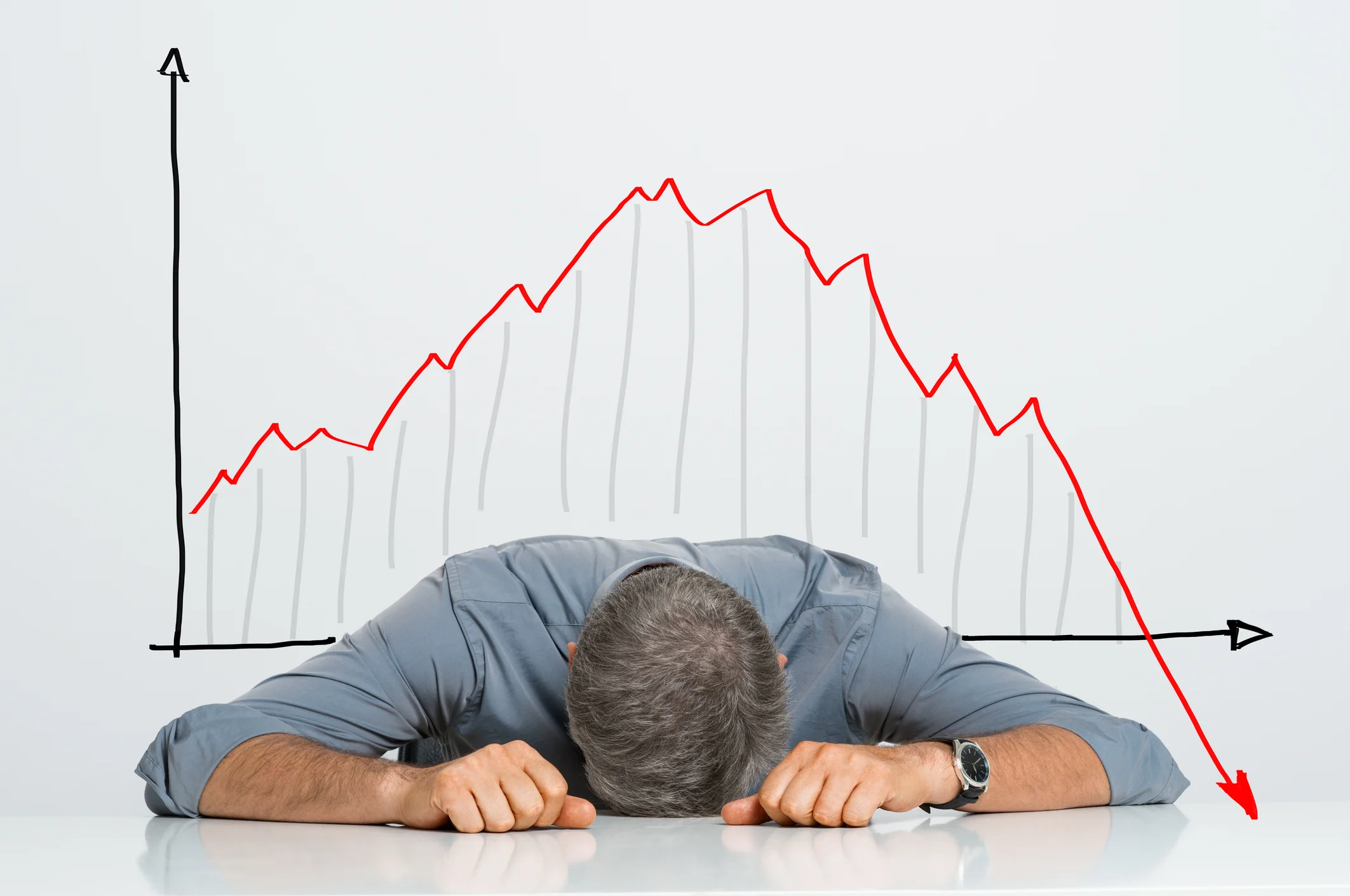intermediate
If you’ve ever visited any investment or crypto forums, you may have heard the term “bag holder.” It is mainly used to describe retail investors and has a negative connotation.
What Is a Bag Holder?
A bag holder is a term used to describe traders and (mainly) investors who are holding onto assets that have lost pretty much all of their value. It originated during the Great Depression when people in soup lines held potato bags with their only possessions.
Modern bag holders usually have more “assets” than their namesakes from 1929, but they hold onto them just as tightly. Many people attribute bag holders’ behavior to either ignorance, sunk cost fallacy, or reluctance to admit that they have made a poor investment decision — all of which lead to them not exiting what are obviously losing positions.
Bag Holder Example
Here’s an example of a typical crypto bag holder: imagine there’s a guy named John, who one day made up his mind to invest in cryptocurrencies. He saw a bunch of moonings on the news and decided he also wanted to make a huge profit. So, instead of investing wisely, he bought some SHTC — a penny cryptocurrency that has been booming lately.
Of course, instead of mooning or at least locking in a respectable average price, this crypto, which had no technical foundation to speak of and an absent dev team, has begun dropping in value. While many other investors closed their positions and sold all their SHTC, John decided to hold on, not wanting to waste his initial investment and expecting the coin to rise again in the future. Of course, it never did — in a few weeks, it collapsed to zero. John was left with nothing.

This may be an extreme example, but bag holding is indeed very common in crypto. It’s mostly because many investors in this market are rather inexperienced and emotional and do not have an investment strategy. So, to avoid becoming a bag holder, we recommend you to practice investing with smaller sums first, keep a cool head, and, of course, DYOR!
Disclaimer: Please note that the contents of this article are not financial or investing advice. The information provided in this article is the author’s opinion only and should not be considered as offering trading or investing recommendations. We do not make any warranties about the completeness, reliability and accuracy of this information. The cryptocurrency market suffers from high volatility and occasional arbitrary movements. Any investor, trader, or regular crypto users should research multiple viewpoints and be familiar with all local regulations before committing to an investment.

